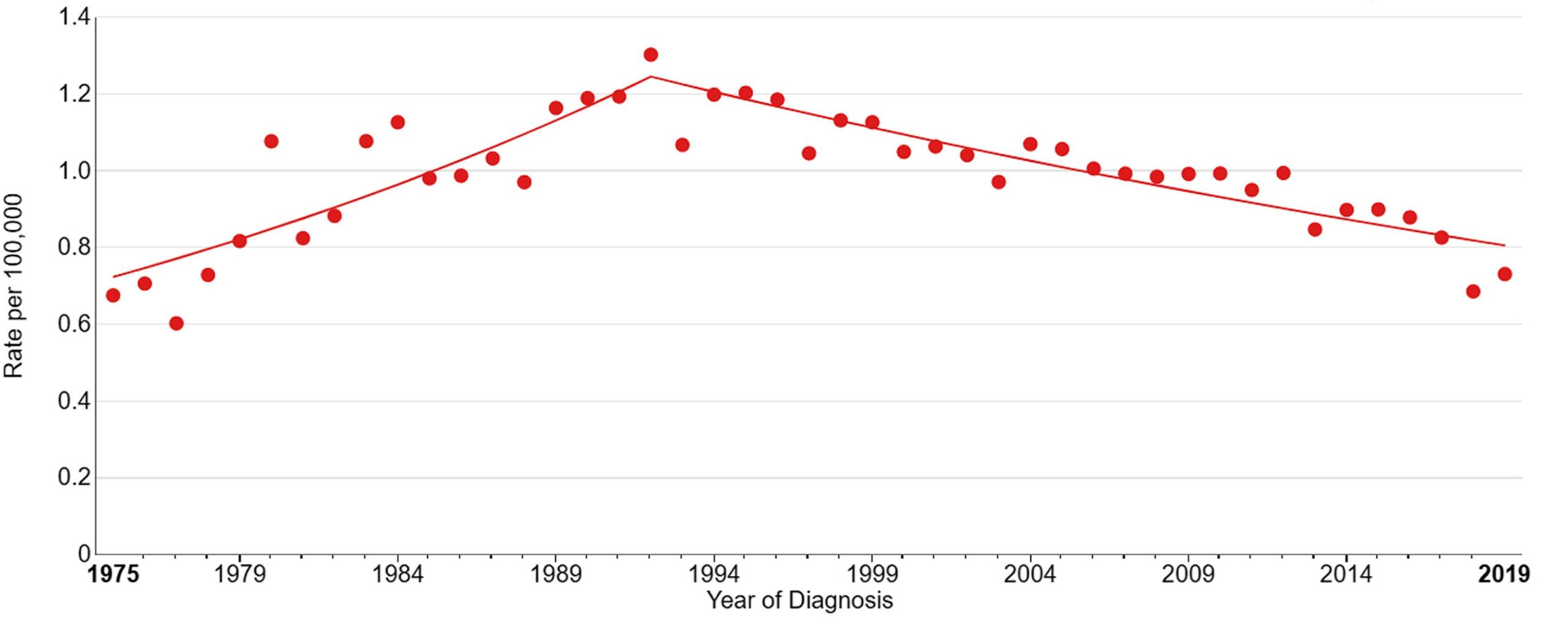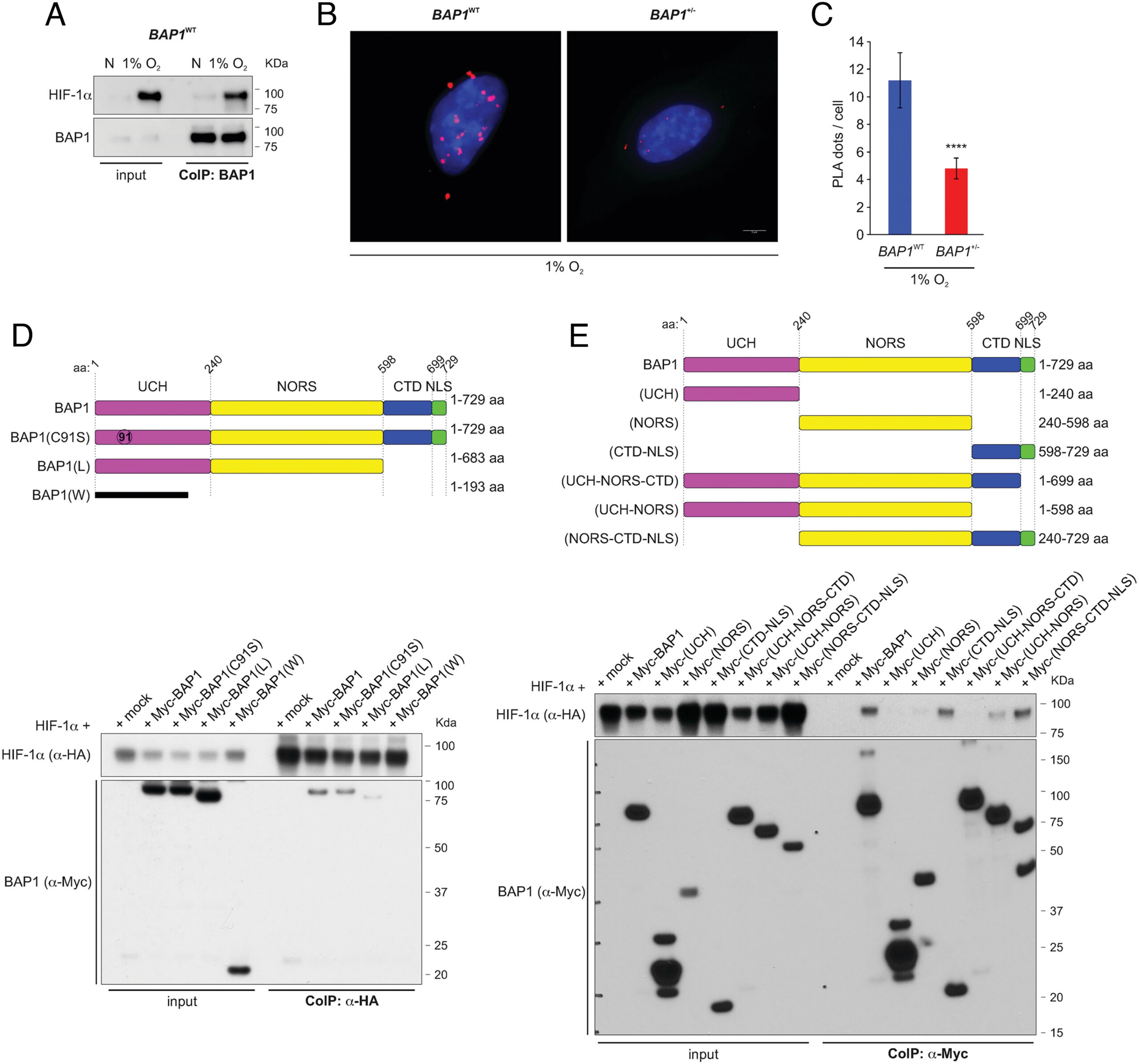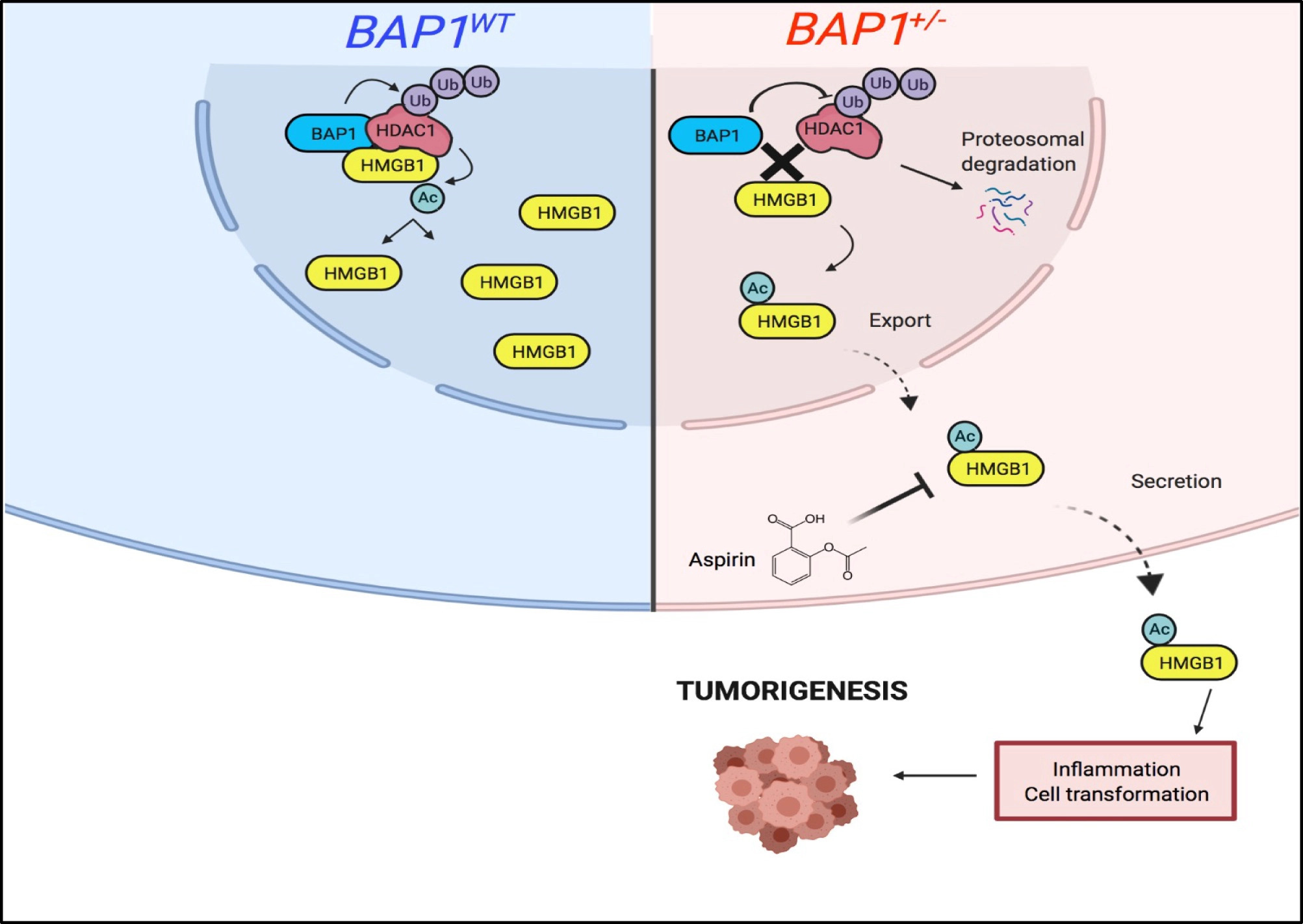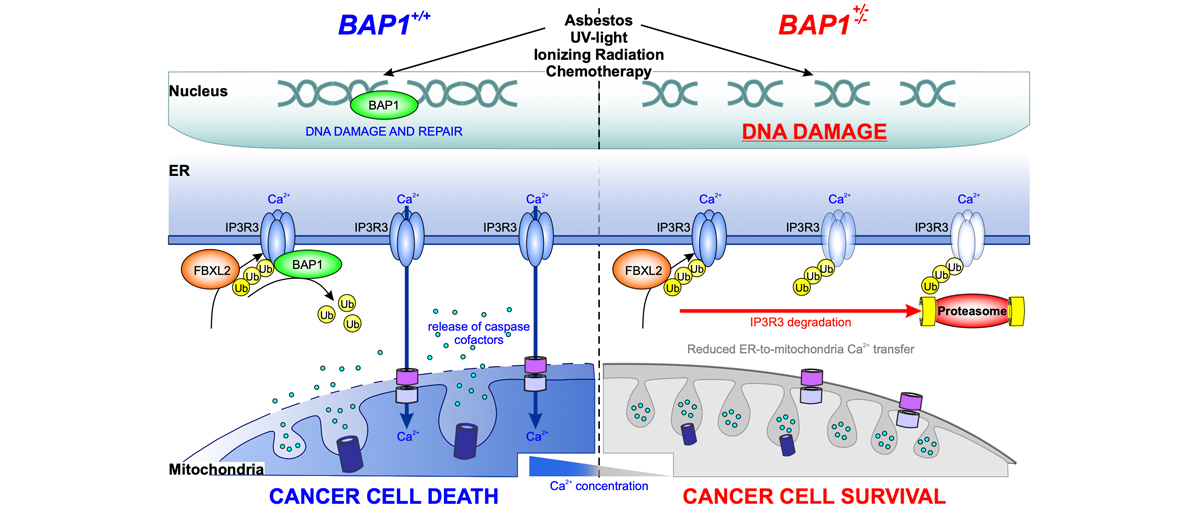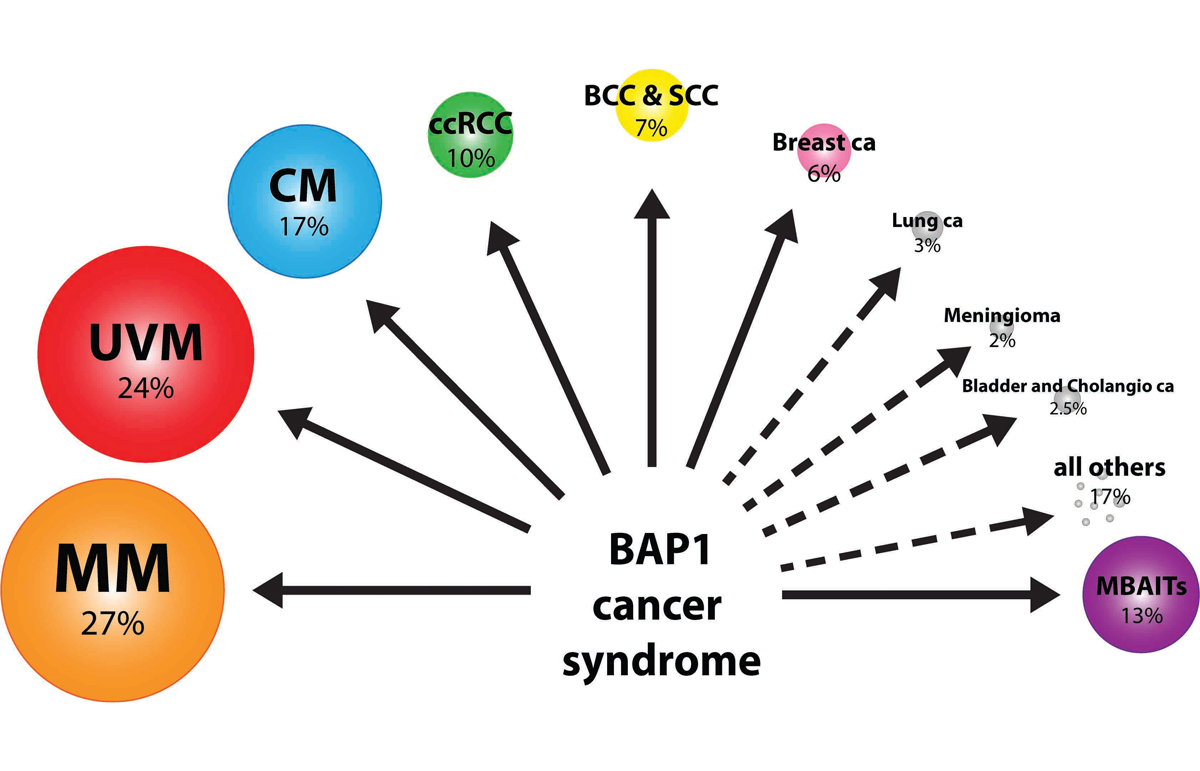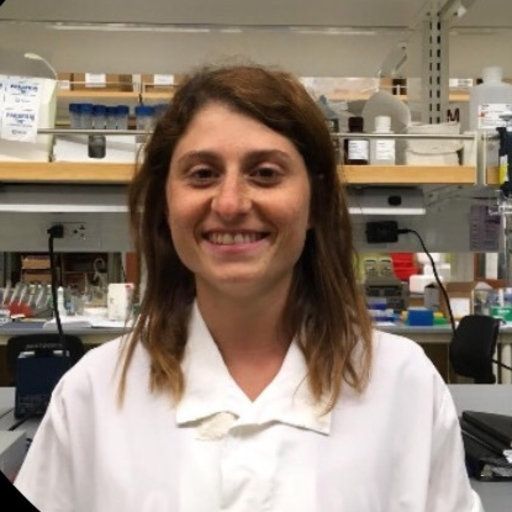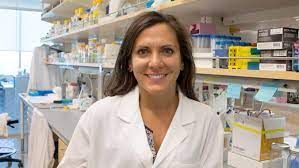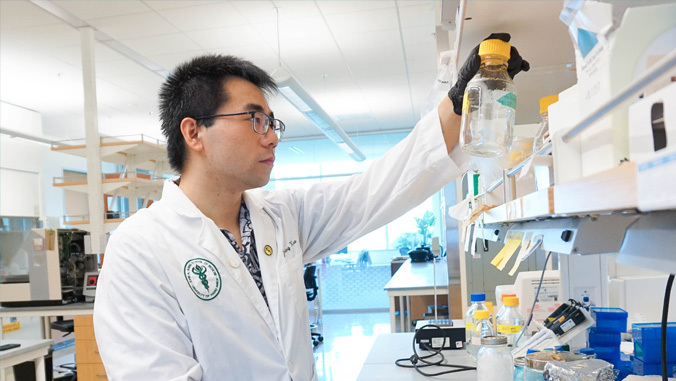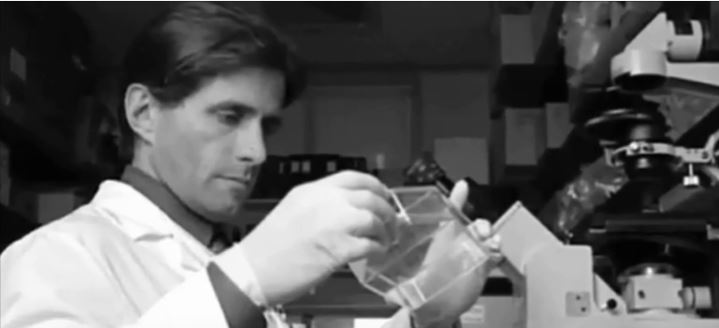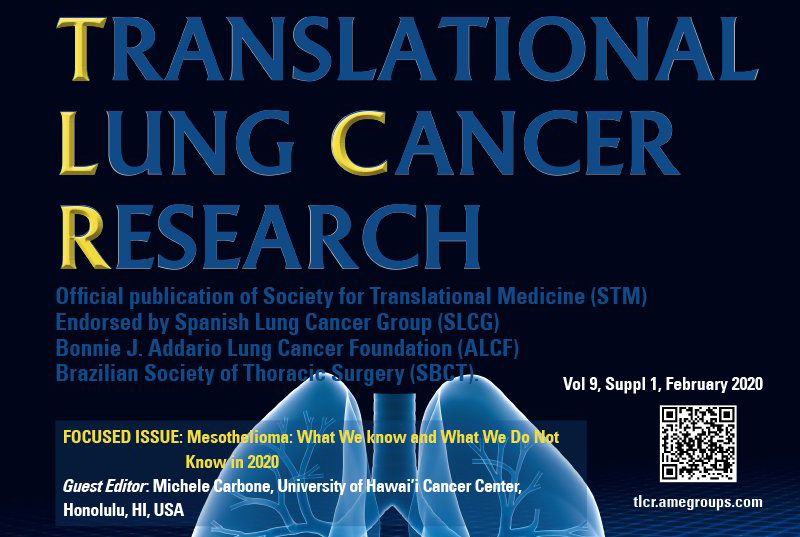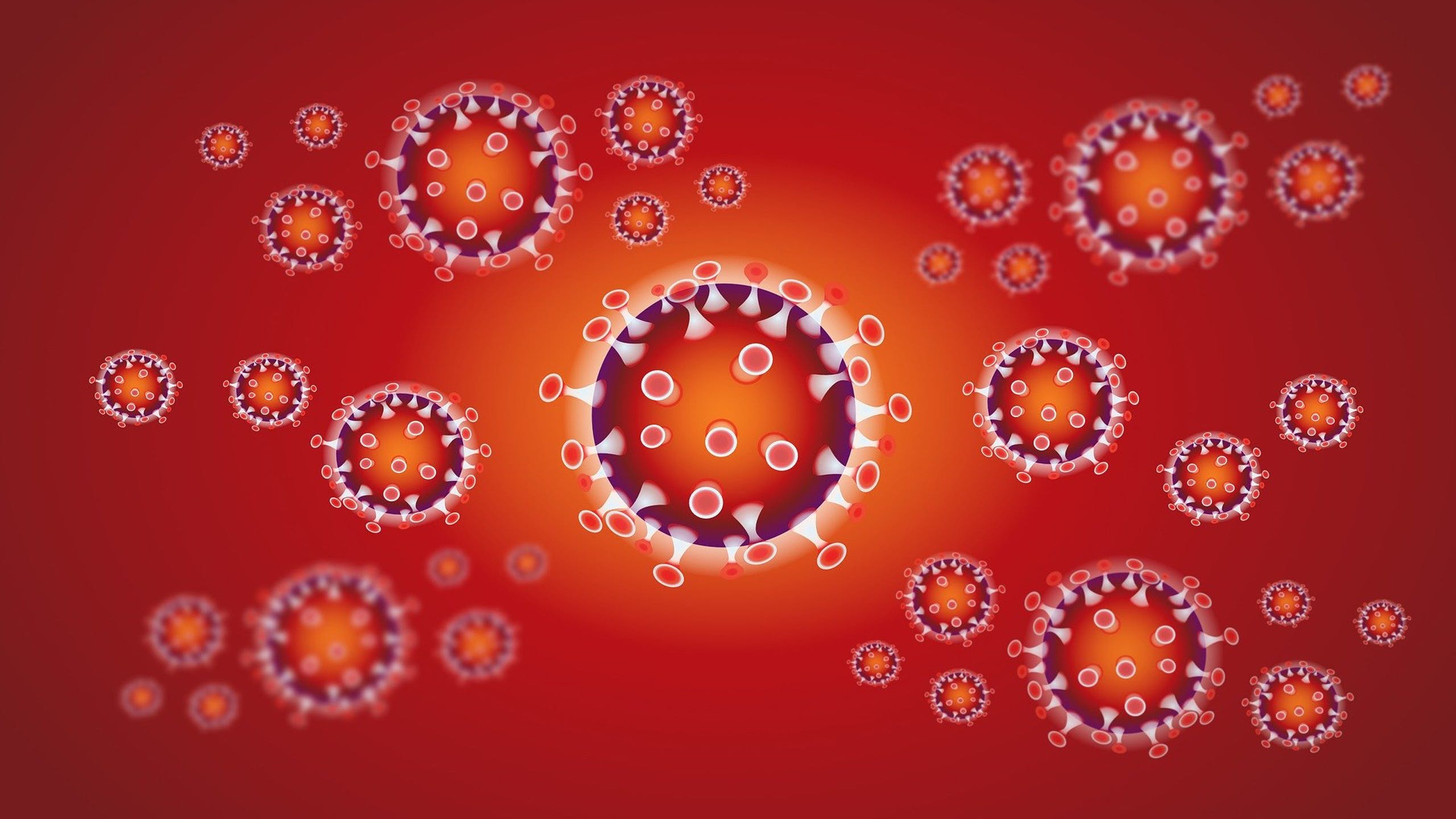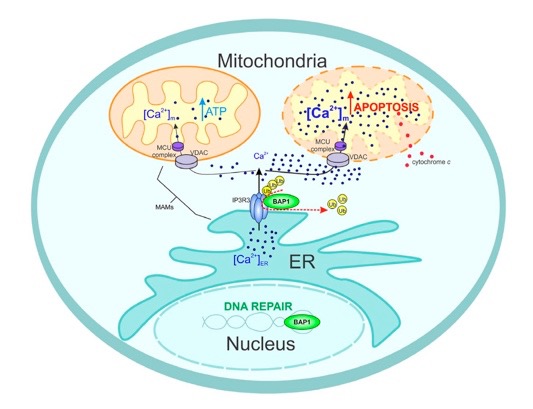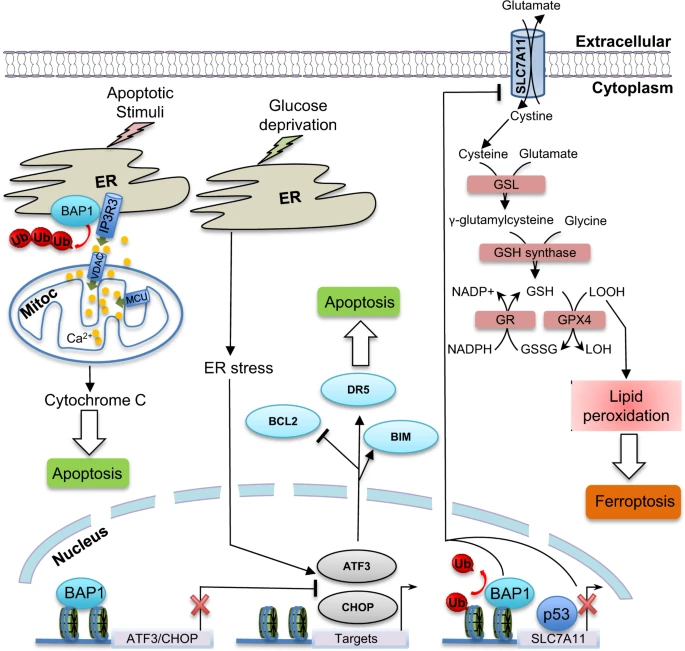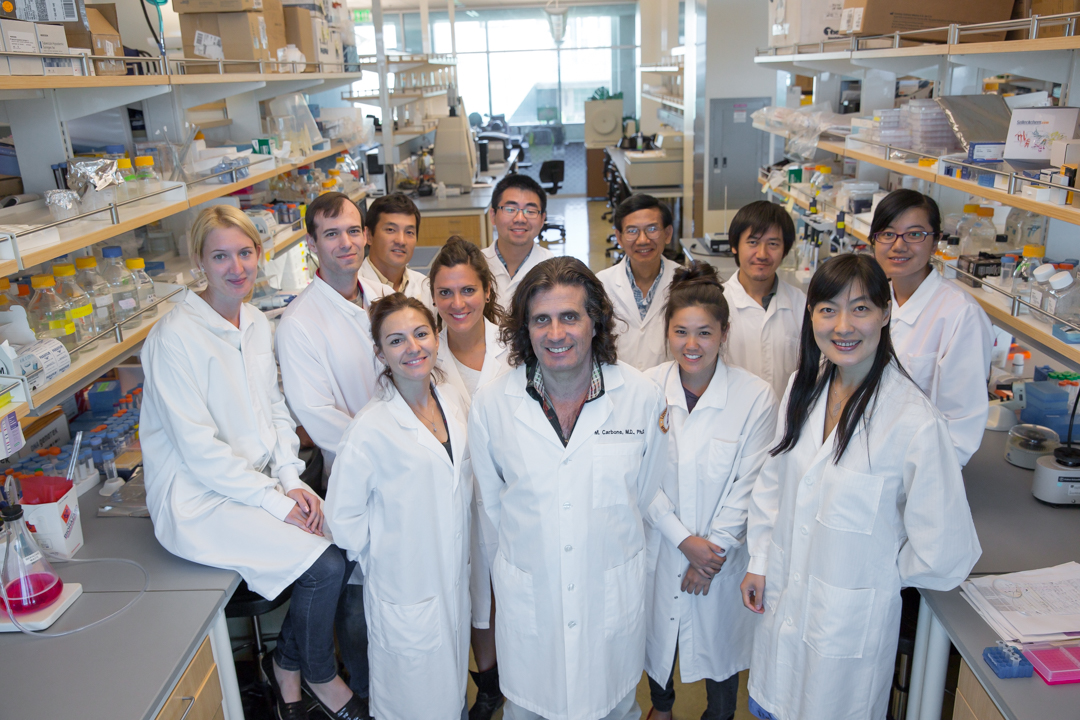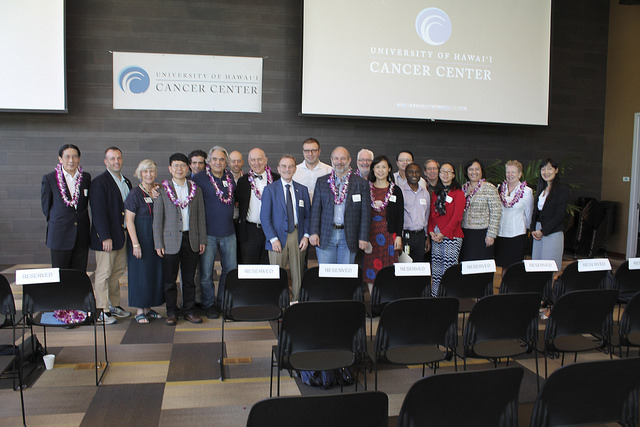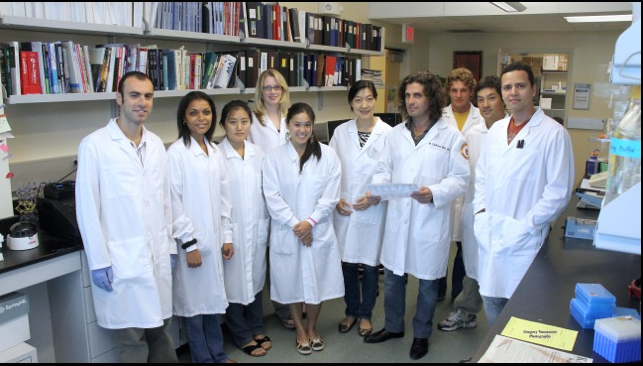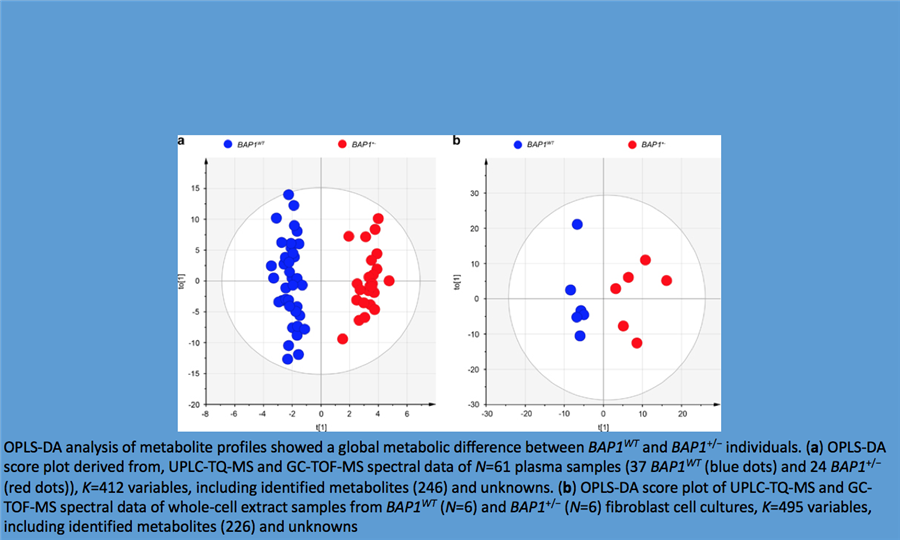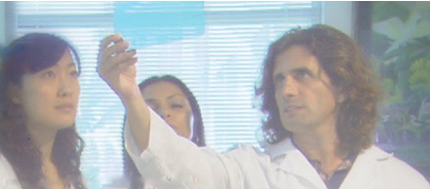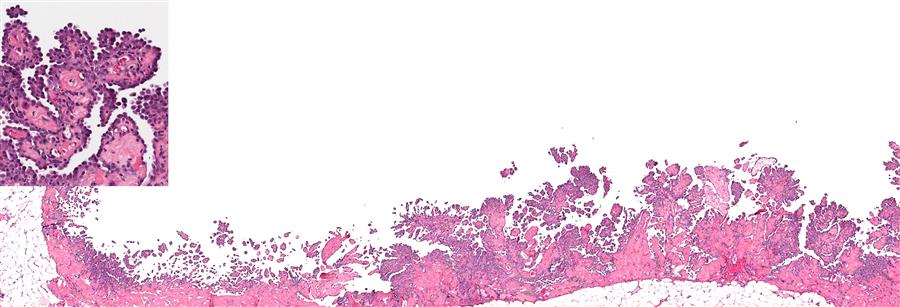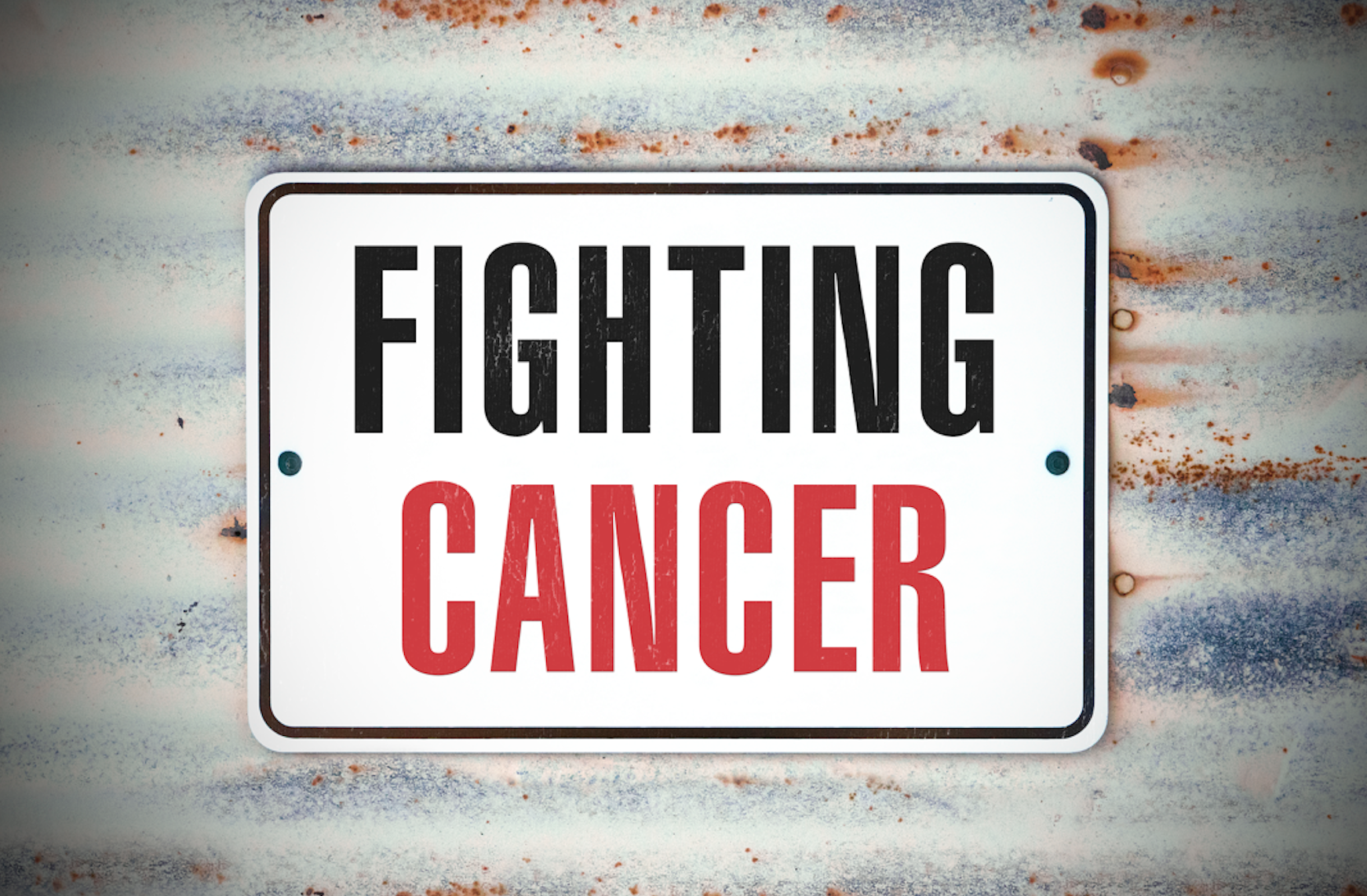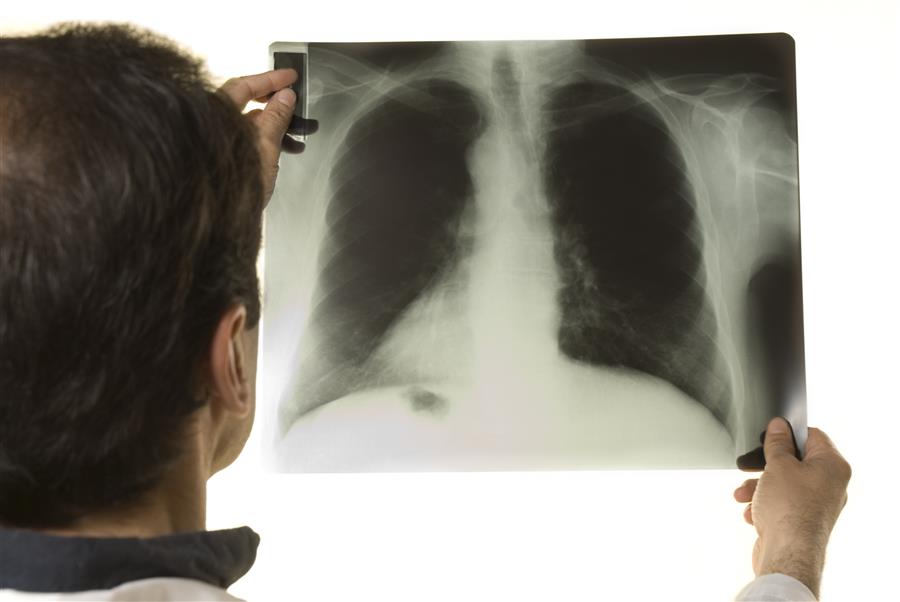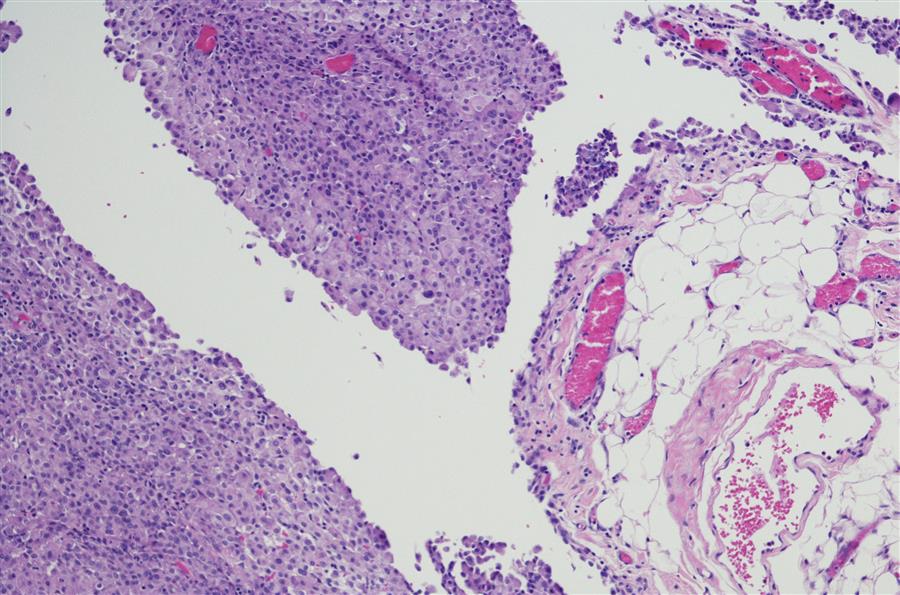
Eternot, the largest asbestos factory in Europe, is now covered by a beautiful playground. The statue of a girl with a kite represents the hope that we can transform the negative into the positive and that life continues.
Statue by Italietta Corsani Carbone, Dr. Carbone’s mother.
This is Dr. Michele Carbone’s private website which provides detailed information about his work as a clinician and researcher. Dr. Carbone is a board-certified Anatomic Pathologist and cancer researcher. He is one of the world’s leading scientists in the area of mesothelioma, a cancer that is often associated with asbestos exposure. His research into why most people who have been exposed to asbestos do not get mesothelioma has led him to investigation of interactions between genetics and the environment. Over the years, Dr. Carbone’s research has focused on the role of human genetics in the development of malignant mesothelioma, as well as the mechanisms associated with the development of the disease. Dr. Carbone received several consult requests per year from all over the world on challenging cases. His diagnostic skills help him see the most unusual cases and develop new research hypotheses.
GENETICS & MESOTHELIOMA
Dr. Carbone's research work posited and later proved that gene/environment interactions...
Learn More
FIELD WORK AROUND THE WORLD
Dr. Carbone has led multi-national, interdisciplinary teams to remote areas of the United States...
Learn More
MECHANISMS OF ASBESTOS CARCINOGENESIS
Dr. Carbone’s team studies the biological mechanisms that are associated...
Learn More
ARTICLES ABOUT OUR WORK IN THE PRESS
Dr. Carbone has devoted much of his research career to the investigation of the causes...
Learn More
Malignant Mesothelioma is a tumor associated with exposure to mineral fibers such as asbestos and erionite.
In spite of stringent regulations introduced in the 1970s and 80s to limit asbestos exposure, the incidence of Malignant Mesothelioma reached 3,200 cases per year in the US in 2003 and it has remained stable since then.
The incidence of Malignant Mesothelioma has also sharply increased worldwide over the past 50 years.


